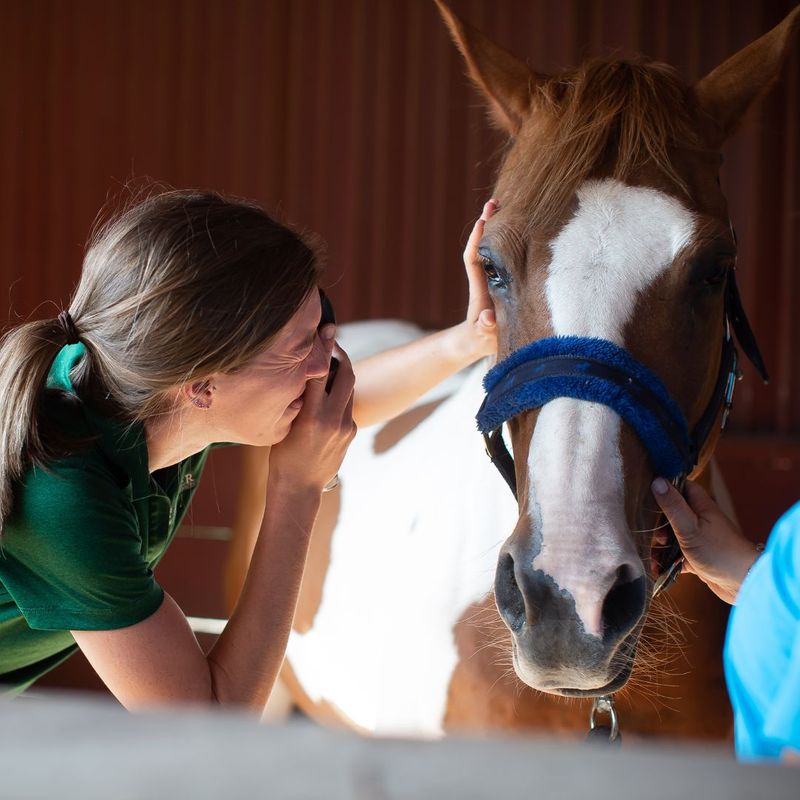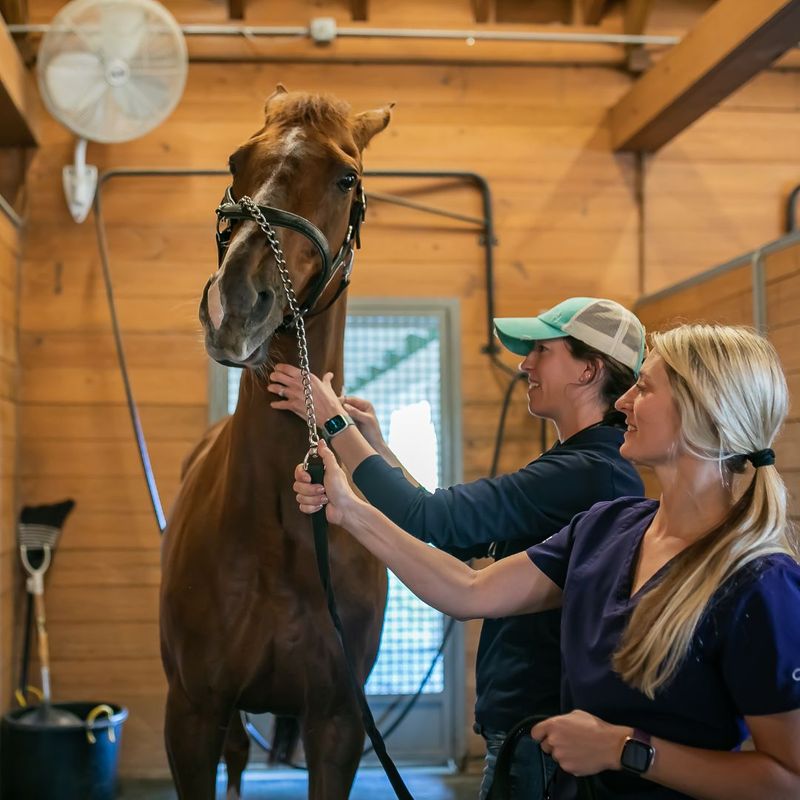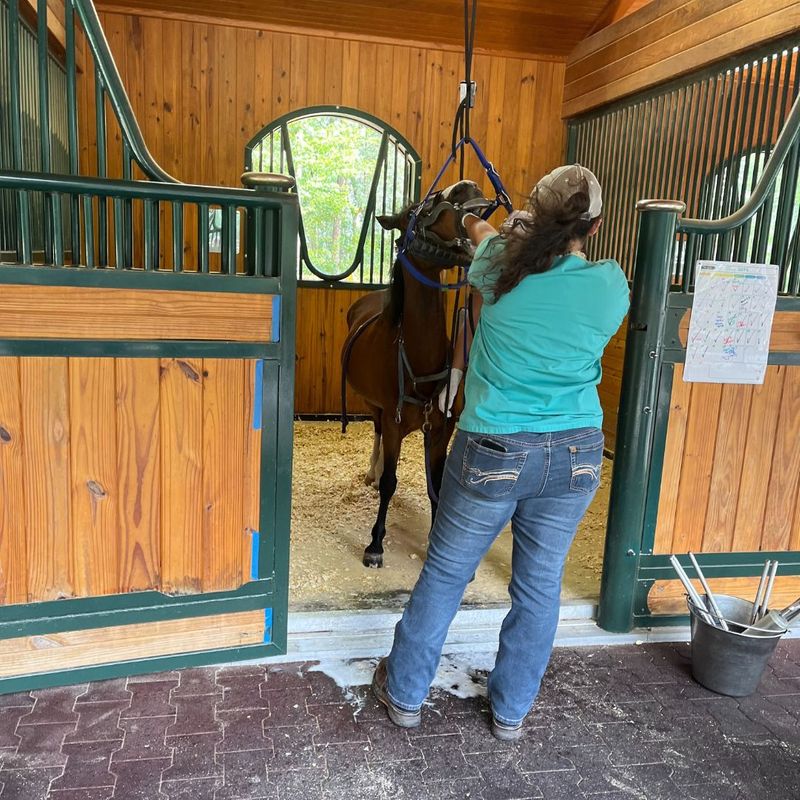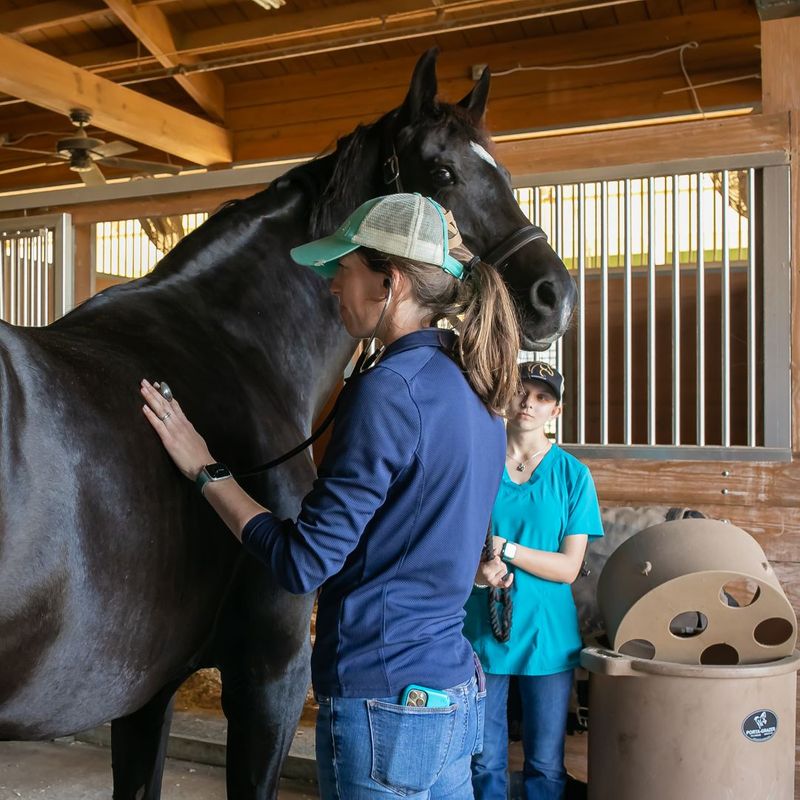As the colder months approach, it's important to adjust your horse's feeding routine to ensure they stay healthy and maintain their optimal weight. Cold weather and limited grazing options can make it challenging for horses to meet their nutritional needs. In this blog, Carter Veterinary Services will explore four essential ways to help you navigate this season and keep your equine companion in top shape.
Winter Feeding Guide: Meeting Your Horse's Nutritional Needs During Colder Months
Winter Feeding Guide: Meeting Your Horse's Nutritional Needs During Colder Months
Consider The Importance Of Exercise During Winter
In addition to adjusting your horse's feeding routine, it's essential to maintain an appropriate exercise regimen during the winter months. Regular exercise not only helps keep your horse physically fit but also aids in their mental well-being. Free turnout time or access to a safe and dry outdoor area can allow horses to move freely and maintain their natural behavior. Encourage them to walk, trot, and canter to keep their muscles toned and their cardiovascular system engaged. Engaging in physical activity also helps stimulate blood circulation and proper digestion.
If turnout options are limited due to inclement weather, consider incorporating indoor exercises such as lunging, long-lining, or engaging in groundwork exercises. These activities help keep your horse mentally engaged and physically active, promoting overall well-being.
Winter feeding requires careful consideration of your horse's individual needs. By evaluating their body condition, adjusting hay and forage intake, focusing on essential nutrients, and ensuring sufficient hydration, you can provide your horse with the best possible nutrition during the colder months.
Remember to consult with professionals such as veterinarians and equine nutritionists for specific guidance tailored to your horse's well-being. They can provide valuable insights based on your horse's age, breed, workload, and any underlying health conditions. Contact Carter Veterinary Services in Hardeeville, South Carolina for more information on winter feeding and your horse’s nutrition!




